All Natural Weed And Grass Killer
runktrun
15 years ago
Related Stories

EDIBLE GARDENSNatural Ways to Get Rid of Weeds in Your Garden
Use these techniques to help prevent the spread of weeds and to learn about your soil
Full Story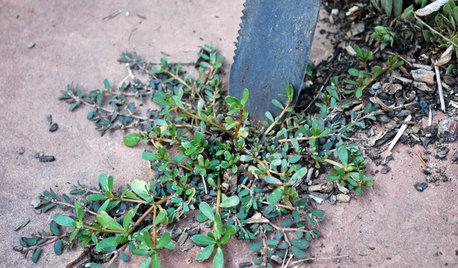
GARDENING GUIDES5 Ways to Naturally Win the Weed War
Show irksome weeds no mercy with these tricks for combating them sans chemicals
Full Story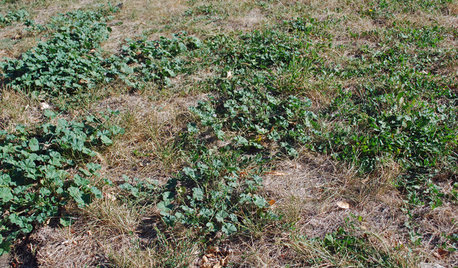
GARDENING GUIDESWeed War: When and How to Use Chemical Herbicides
Before you spray, arm yourself with knowledge about which weed killers — natural or synthetic — are right for your yard
Full Story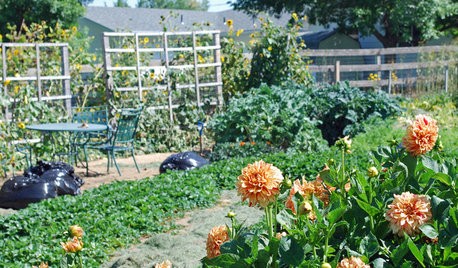
GARDENING GUIDESTackle Weeds the Natural Way
Instead of dousing your yard with chemicals to wipe out weeds, let time and nature work their magic via smothering and solarization
Full Story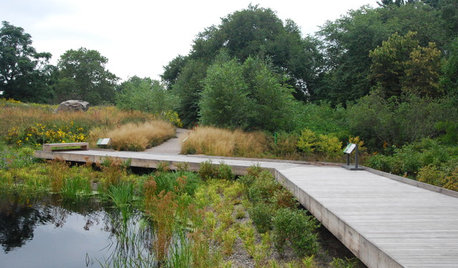
GARDENING GUIDESLet's Weed Out 4 Native Plant Myths
Plant wisely for a garden that supports pollinators and requires less work
Full Story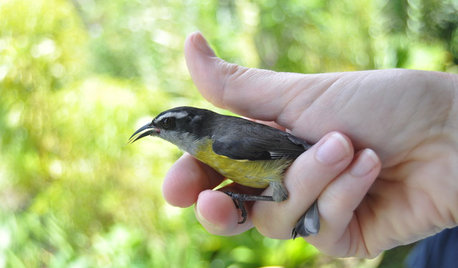
GARDENING FOR BUTTERFLIESBring on the Birds: Natural Habitat Ideas for Gardens of All Sizes
Provide nesting, watering and perching spots inspired by the Costa Rican jungle and watch the birds flock on over
Full Story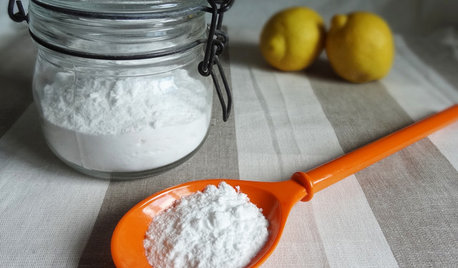
HOUSEKEEPINGBaking Soda: The Amazing All-Natural Cleanser You Already Own
Battle grime, banish odors and freshen clothes with this common nontoxic cupboard staple
Full Story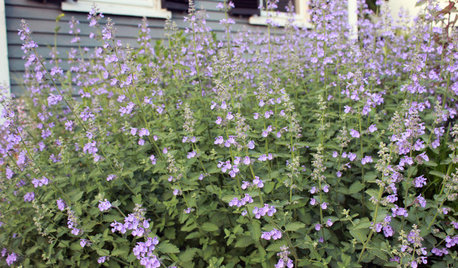
GARDENING GUIDES5 Weed-Smothering Ground Covers
Let these landscape plants do the dirty work of choking out weeds while you sit back and enjoy the view
Full Story
HOUZZ TOURSHouzz Tour: From Overgrown Weeds to Picturesque Farmhouse Expanse
This once-neglected 100-acre South Carolina site now features a lake, a wood-filled farmhouse and a far-reaching view
Full Story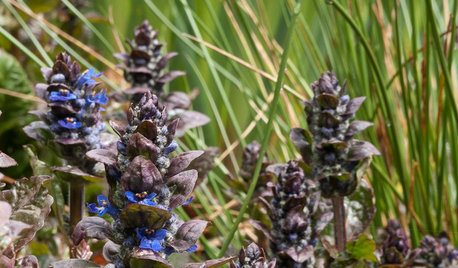
GARDENING GUIDESGreat Design Plant: Bugle Weed, a Quick Ground Cover
It’s highly adaptable, suppresses weeds, reduces erosion and provide weeks of bright flowers. Just watch for invasiveness
Full Story





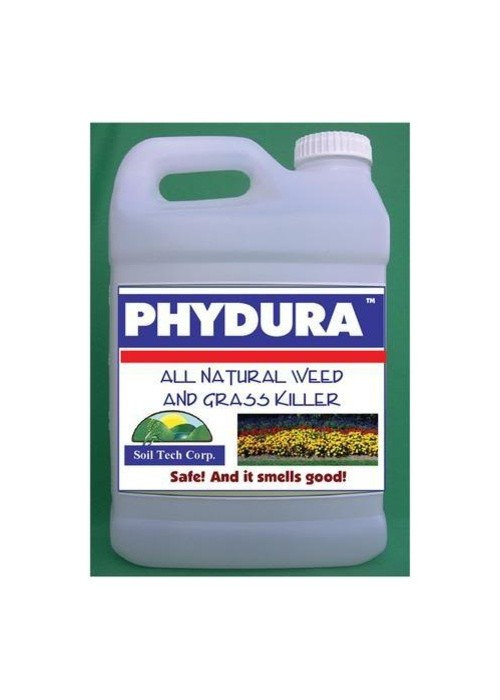
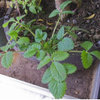
morz8 - Washington Coast
diggingthedirt
Related Professionals
Arlington Landscape Architects & Landscape Designers · Grand Haven Landscape Architects & Landscape Designers · Palm Springs Landscape Architects & Landscape Designers · Seabrook Landscape Architects & Landscape Designers · Suffern Landscape Architects & Landscape Designers · Avocado Heights Landscape Contractors · Belvedere Park Landscape Contractors · Broadlands Landscape Contractors · Del Aire Landscape Contractors · Firestone Landscape Contractors · Lake Zurich Landscape Contractors · Lemay Landscape Contractors · Mahwah Landscape Contractors · Pompano Beach Landscape Contractors · Washington Landscape ContractorsrunktrunOriginal Author
runktrunOriginal Author
JAYK
Kimmsr
runktrunOriginal Author
JAYK
joepyeweed
diggingthedirt
dddunn_aol_com
flaxon
Kimmsr